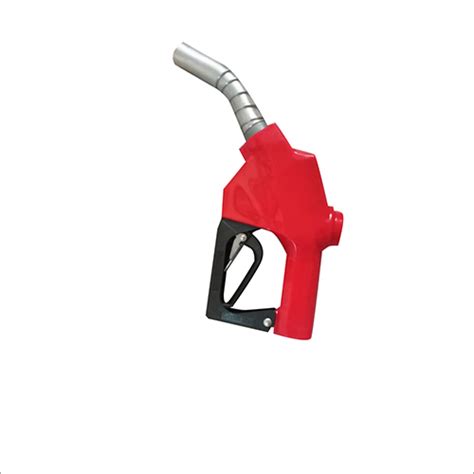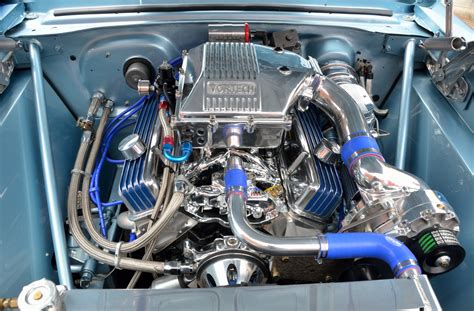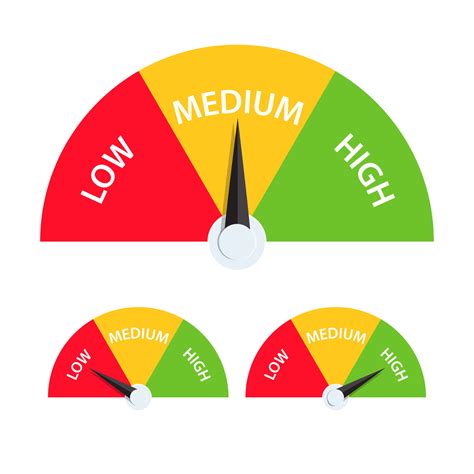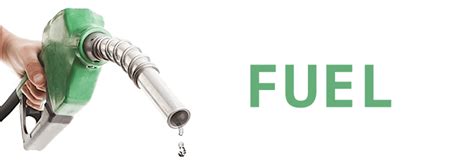The Premium Fuel Debate: Dollars vs. Performance
The allure of premium fuel often tempts car enthusiasts and careful vehicle owners, particularly modern male drivers who prioritize optimal performance and maintenance. The promise of a ‘better’ fuel, often sold at a significantly higher price, begs the question: is it truly worth the extra cost for today’s vehicles, or is it merely a marketing triumph?

Understanding Octane Ratings: More Than Just a Number
To demystify premium fuel, we must first understand octane ratings. Octane is a measure of a fuel’s resistance to ‘knocking’ or ‘pre-ignition’ – an uncontrolled combustion event that can damage an engine. Regular unleaded typically has an 87 octane rating, while premium ranges from 91 to 93. Crucially, a higher octane rating does not mean the fuel contains more energy or is ‘cleaner’ in terms of additives. Both regular and premium fuels sold in most regions contain detergents to keep engine components clean.
Engine Design: The Ultimate Decider
The vast majority of modern vehicles are engineered to run perfectly well on regular 87-octane fuel. Their engine control units (ECUs) are calibrated for this fuel type, and advanced knock sensors allow them to make minor timing adjustments. Only vehicles with high-compression engines, forced induction (turbochargers or superchargers), or specific high-performance designs truly benefit from – or require – premium fuel. These engines are designed to operate at higher pressures and temperatures, where the increased knock resistance of premium fuel is essential to prevent damage and maximize performance.

Consulting your vehicle’s owner’s manual is the definitive way to determine the correct fuel type. If it states ‘premium fuel required’ or ‘recommended,’ then it’s wise to comply. If it says ‘regular unleaded,’ using premium will likely yield no noticeable benefits in horsepower, torque, or fuel economy.
Dispelling Common Myths for the Modern Driver
Myth 1: Premium Fuel Boosts Performance
For vehicles not designed for it, premium fuel does not offer a performance boost. The ECU will not advance the engine’s timing beyond its designed parameters to take advantage of higher octane fuel, meaning the extra knock resistance goes unused.
Myth 2: Premium Fuel Cleans Your Engine Better
As mentioned, both regular and premium fuels contain detergent additives. There’s no evidence that premium fuel is inherently ‘cleaner’ or provides superior engine protection against deposits compared to regular fuel from reputable stations.

Myth 3: Better Fuel Economy
For most cars, premium fuel will not improve fuel economy. In some cases, it might even slightly decrease it if the engine isn’t optimized for it, as the combustion process might be less efficient with a higher-octane fuel it doesn’t need.
When Premium Fuel IS Justified
For modern male drivers seeking the best for their vehicle, premium fuel is justified in specific scenarios:
- Owner’s Manual Recommendation: If your car’s manual explicitly states ‘premium fuel required’ or ‘recommended,’ then it’s a non-negotiable for optimal engine health and performance.
- High-Performance Vehicles: Sports cars, luxury sedans, and certain high-end SUVs often feature engines that are specifically tuned for premium fuel to deliver their advertised horsepower and torque figures.
- Forced Induction Engines: Many turbocharged or supercharged engines, even in more mainstream models, benefit from premium fuel due to the higher pressures involved in combustion.

The Cost-Benefit Analysis
Consider the financial impact. If premium fuel costs 20-50 cents more per gallon, and you fill up a 15-gallon tank weekly, that’s an extra $3 to $7.50 per week, or roughly $156 to $390 annually. For no tangible benefit in performance, fuel economy, or engine longevity in a car not designed for it, this is money literally burned away.

The Verdict for Modern Male Drivers
For the vast majority of modern male drivers, premium fuel is an unnecessary expense. Unless your vehicle’s manufacturer explicitly states a requirement for premium fuel in the owner’s manual, sticking to regular unleaded is the most economical and sensible choice. Your car will perform exactly as designed, your engine will remain clean and healthy, and your wallet will thank you. Save the premium for when your ride truly demands it, and invest the savings elsewhere.




